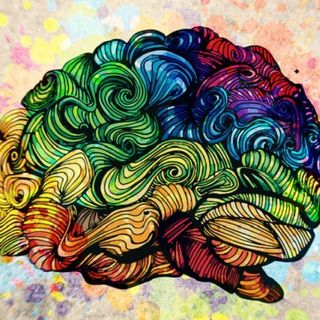There’s a new twist in what we assume we know about how babies’ sex is determined. At conception, if the embryo gets two XX chromosomes it will develop as a female; if it gets one X and one Y, it will be male. Right?
It’s not so simple, as researchers at Melbourne’s Murdoch Children’s Research Institute just discovered from their findings that a baby’s sex is determined not just by the presence of an X or Y chromosome, but also by the presence of a genetic ‘regulator’ that can amplify the activity of those genes. The study gives new insight into the development of genetic sex disorders.
“The Y chromosome carries a critical gene, called SRY, which acts on another gene called SOX9 to start the development of testes in the embryo. High levels of the SOX9 gene are needed for normal testis development. However, if there is some disruption to SOX9 activity and only low levels are present, a testis will not develop, resulting in a baby with a disorder of sex development,” says Brittany Croft, one of the authors of the study published in Nature Communications.
This disruption could occur in the form of ‘junk DNA,’ also known as ‘dark matter’ that doesn’t contain any genes. According to Andrew Sinclair, the institute’s deputy director and lead author of the study, this accounts for 90% of our DNA. But this so-called junk isn’t junk at all; it carries important regulators — called “enhancers” — that influence gene activity.
“If these enhancers that control testis genes are disrupted it may lead to a baby being born with a disorder of sex development,” he explains. “Importantly, we identified XX patients who would normally have ovaries and be female but carried extra copies of these enhancers, and instead developed testes. In addition, we found XY patients who had lost these SOX9 enhancers, and developed ovaries instead of testes.”
This study not only adds to understanding of how babies’ sex is determined in uterus, but it’s also an important step towards understanding the role of genetic enhancers in shaping how all genes manifest themselves — a field known as epigenetics. Sinclair said that across the human genome there are about 1 million enhancers controlling about 22,000 genes — adding yet another layer of complexity to the question of how our genetic code informs who we are, but also giving scientists one more place to look for answers.




